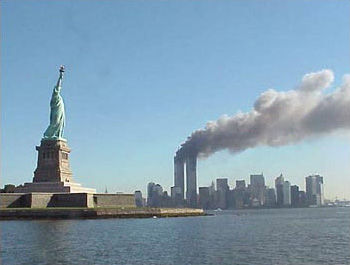1 Aug 2012 | Magazine, News and features
Gore Vidal, who died this week, was often scathing in his attacks on US foreign policy. In April 2002, Index on Censorship magazine was the first English-language publication to feature this essay, written after 9/11
 (more…)
(more…)
12 Jul 2012 | Egypt
Egypt’s newly-elected President Mohamed Morsi has been the target of a media campaign aimed at tarnishing both his image and that of Islamists.
The campaign, launched by several Egyptian media outlets suspected of having close links with both the former regime and the military generals (who ruled the country in the transitional period), has been defending the military council’s policies while vilifying their critics. (more…)
10 Jul 2012 | Tunisia
On 4 July the National Authority for Information and Communication Reform (INRIC), a body enlisted with helping reform the media landscape in Tunisia, announced the end of its mission.
In April 2012 INRIC had submitted its report with a set of recommendations that would seek to pave the way for the transformation of the media landscape in the north African country into a democratic, independent, and pluralistic one.
(more…)
6 Jul 2012 | Index Index, minipost, United Kingdom
Scientific journal Nature won a libel claim today that has lasted three years. Egyptian scientist Mohamed El Naschie had argued the journal had defamed him in a November 2008 story, which alleged he used his editorial privilege to self-publish numerous papers he had written and which would not have been published elsewhere due to poor quality and lack of peer review. At the High Court today Mrs Justice Sharp rejected El Naschie’s claim, accepting the defendants’ defences of justification, honest comment and the Reynolds privilege for responsible journalism on a matter of public interest.
 (more…)
(more…)